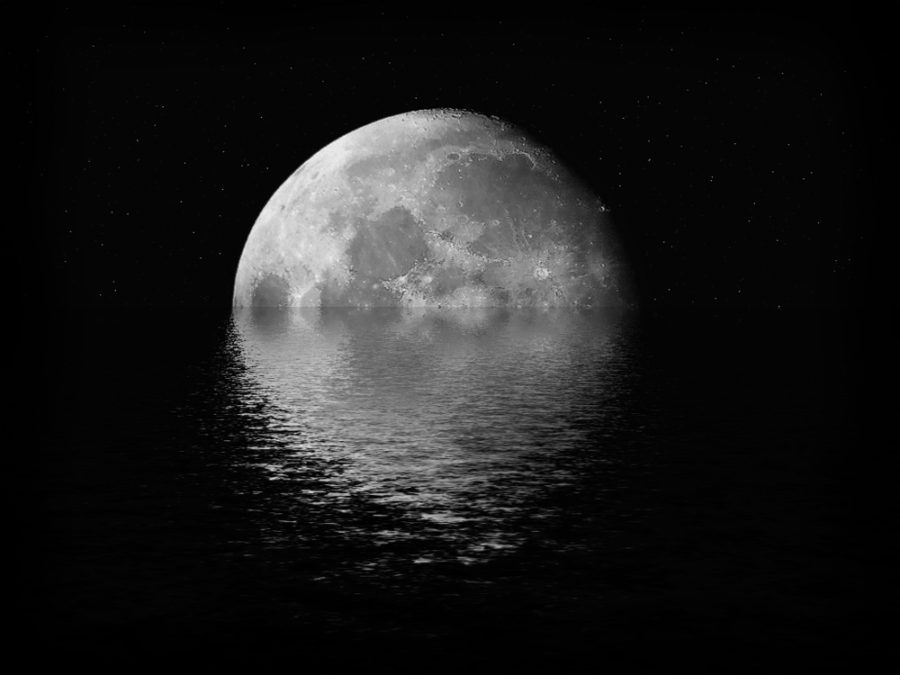
Science in the Glorious Quran: The Moon at the Service of the Earth
“وَسَخَّرَ لَكُمُ الشَّمْسَ وَالْقَمَرَ دَائِبَيْنِ” (ابراهيم:33).
“And He committed the sun and the moon to your service, both continuously pursuing their courses” (Qur’an, 14:33).
The moon exerts different effects on the Earth. The moon’s gravitational effect maintains the degree of the rotational axis of the Earth, and this keeps the seasonal cycles of the Earth stable, as the Earth orbits the Sun. If the moon hadn’t existed, the slope of our poles would be very different which could have devastating consequences for the climate and life on our planet.
Without the gravitational effect of the moon, the Earth would complete its rotation every 8 hours. With this high rotational speed, the temperature on Earth would substantially drop because there would be less time for the sun to heat up the Earth and the temperature variations would be too abrupt in the day and night. The winds would be more powerful and the Earth’s magnetic field would be three times more intense. These together would have a major impact on food production and life on Earth.
On the other hand, the ocean’s tidal flow helps to transport heat from the equator to the poles and influences the biology of species living near the coast that has adapted to the salt water conditions based on the ebb and flow of the tide.

The gravitational force of the moon causes axial tilting of the Earth and the high tide

